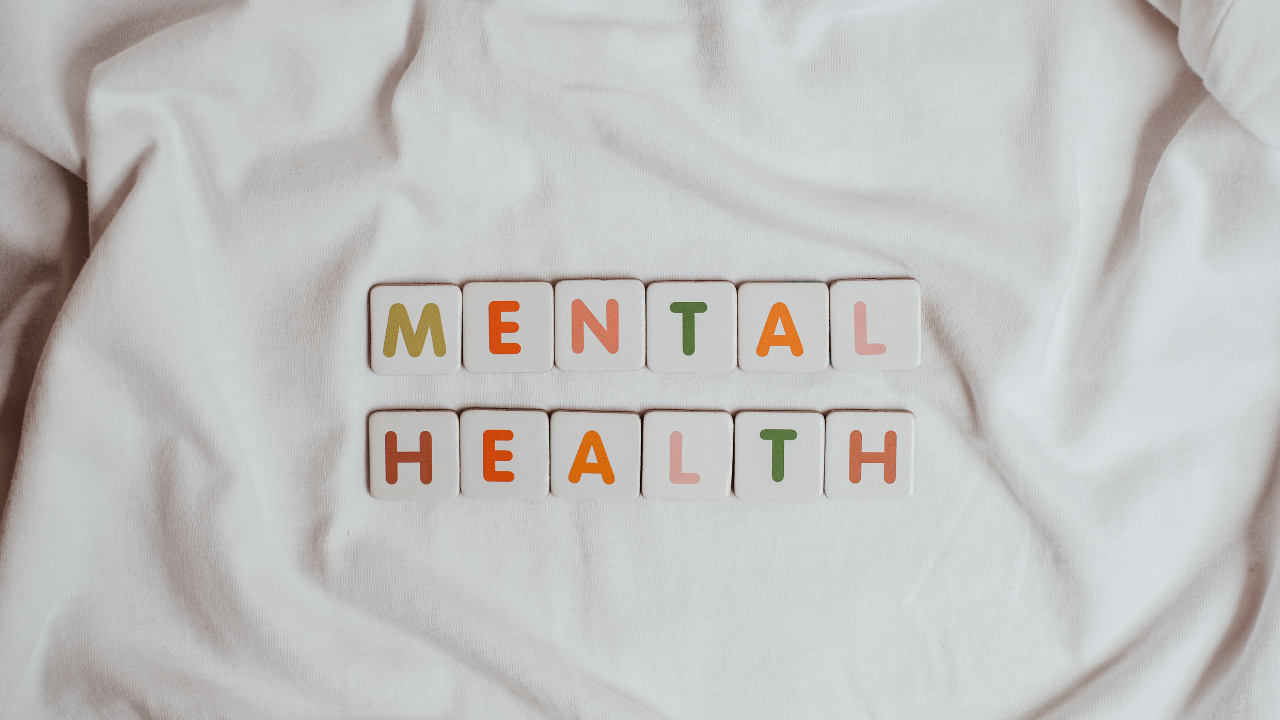In our modern society, we are increasingly aware of the importance of a healthy, balanced diet in maintaining good physical health. However, the impact of our eating habits on our mental health is often overlooked. Although research in this field is still ongoing, it is becoming clear that psychonutrition– the study of the nutrients essential for the proper functioning of the nervous system – plays a crucial role in the development of mental health.system, plays a crucial role in the prevention and treatment of psychological disorders such as depression, anxiety and various other cognitive disorders.
Factors influencing the relationship between nutrition and mental health

Several factors can explain how our diet impacts our mental health:
- Essential nutrients: Certain nutrients are essential to the proper functioning of the brain and the regulation of our cognitive and emotional functions. For example, vitamins B9 and B12 help produce the neurotransmitters responsible for transmitting electrical signals in the brain, while omega-3 fatty acids have an anti-inflammatory effect and improve communication between nerve cells.
- Food quality: A diet lacking in variety or composed mainly of processed foods can lead to deficiencies in essential nutrients and encourage the onset of mental disorders.
- Gut microbiota: Recent research has shown that the health of our gut, and in particular the diversity and balance of the bacteria that populate it, influences our mental well-being. Indeed, good intestinal bacteria are involved in the synthesis of neurotransmitters such as serotonin, which helps regulate mood and sleep.
From healthy eating to better mental health
When it comes to diet and mental health, the focus should be on the balance and quality of the food we eat. Here are a few tips for improving the quality of our diet and promoting good mental health:
- Eat a variety of foods: Eating a wide variety of foods every day ensures that our bodies receive all the essential nutrients they need to function properly. Including fruits, vegetables, whole grains, lean proteins, and sources of good fats such as nuts, seeds, and olive oil is beneficial for our bodies and minds.
- Foods rich in B vitamins, magnesium, zinc and omega-3 fatty acids: these nutrients are recognized for their positive effects on mental health. Some of the foods to focus on include legumes, nuts, seeds, oily fish, colorful and leafy fruits and vegetables.
- Avoid stimulants: Caffeine, refined sugar and alcohol can disrupt our gut microbiota, increase inflammation and worsen symptoms of mental disorders such as anxiety or depression.
- Encourage the consumption of probiotics: supplements and foods containing bacteria beneficial to our gut, such as fermented yoghurts and other fermented dairy products, can contribute to a better balance of intestinal microbiota and therefore to better mental health.
The emotional impact of eating
Beyond the nutritional aspect, it’s important to consider the emotional and psychological impact of the act of eating on our mental well-being. Indeed, our relationship with food can be a source of stress, pleasure, comfort or guilt, and these emotions can influence our food choices, our appetite, as well as our perception of ourselves and our body.
Mindful eating for better mental health
Drawing on the principles of meditation and mindfulness, the mindful eating approach aims to help us pay loving attention to our sensations, emotions and thoughts related to food. By adopting this practice, we can learn to:
- Recognize physiological hunger and satiety, rather than eating under the influence of emotions or habits;
- Fully savor the foods we eat, taking the time to chew, smell, taste and feel the textures;
- Becoming aware of our thoughts and beliefs about food and our bodies, to develop a more empathetic and realistic view of ourselves and our eating.
These efforts can help create a healthy relationship with food and contribute to better mental health.
Tentative conclusion
In short, nutrition plays an undeniable role in our mental health, whether through the nutrients essential to our brain, the quality of our intestinal microbiota, or our emotional relationship with food. By adopting a holistic, balanced approach that prioritizes food quality and diversity, as well as listening carefully to our body and emotions, we can promote our mental well-being and prevent psychological disorders.

I’m a young man studying in the field of health and sexuality. Passionate and committed, I am known for my dedication to my studies and my desire to make a significant contribution to society.
I am particularly interested in issues of consent and prevention in the field of sexual health, a subject that I feel is crucially important and often neglected. Those who know me well describe me as an empathetic person with an incredible ability to understand and support people in need.
I strive to demystify preconceived ideas about sexuality and improve attitudes and perceptions around sexual health. I’m a passionate advocate of the importance of sex education and consent education in universities, recognising the major transition students are going through in terms of their love and sex lives during their studies.
With a keen eye on society, I am particularly concerned about the problems of forced or unwanted sexuality among students, which I find unacceptable. I plan to devote my career to changing these disturbing statistics, by creating training and intervention programmes to improve knowledge, attitudes and behaviour relating to sexuality among young people.
My ultimate goal is to create an environment where every individual has the power to make informed choices about their sexual health, and where respect and consent are the norm. Overall, I am a character who represents commitment, compassion and the desire to make a difference in the world.
